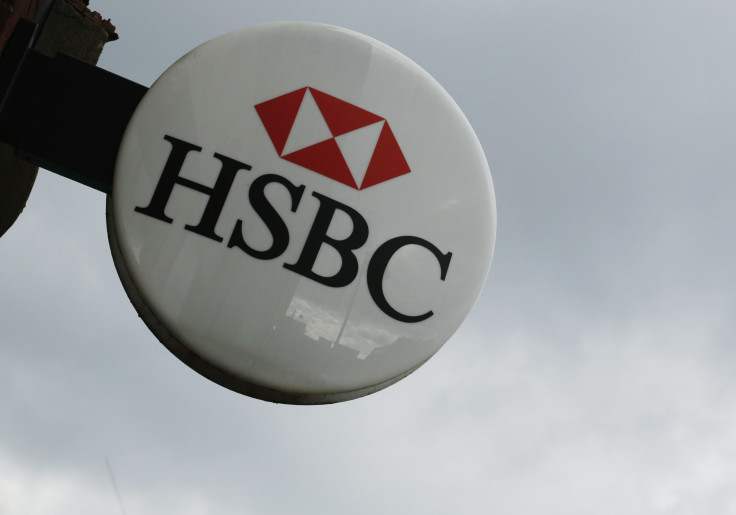Wall Street Whistleblowers: After The Largest Leak In Banking History, Are They Safe?

For seven years, Hervé Falciani was on the lam, playing cat-and-mouse with Swiss police as he hopped surreptitiously across European borders. He drove rented cars and wore eccentric disguises, fancying himself a sort of James Bond-style operative. He found strategic allies among French and Spanish authorities and reportedly courted the U.S. Department of Justice before being arrested in Barcelona in 2012.
Falciani’s contraband: a cache of secret documents he acquired while working for the private Swiss branch of U.K. banking giant HSBC. The release during the weekend of a report based on Falciani’s cache provides a rare glimpse into the inner workings of the Swiss banking system, widely regarded as an international tax haven. Falciani has since been released and remains in legal limbo.
But the fact that it took seven years for the biggest banking industry leak in history to become public raises questions about the state of financial whistleblower protections. Would Falciani have had an easier time of it in the U.S.?
“There’s a lot of talk about how the Obama administration has been hard on whistleblowers,” said Kate Kenny, a researcher at Queen’s University Management School in Belfast, referring to the administration’s unprecedented use of the Espionage Act to prosecute national security whistleblowers. “But you have to ask, ‘Which sector?’ In financial services, it’s gotten much better.”
Though it may come as a surprise, the life of the American financial whistleblower has nominally improved in the past five years. Experts say the U.S. has some of the strongest whistleblower protections in the world.
“In terms of legal rights, this is the golden era for financial whistleblowers,” said Tom Devine, legal director of the Government Accountability Project, who has worked with more than 6,000 whistleblowers in his career. The Dodd-Frank Act, crafted in response to the institutional failures that culminated in the 2008 financial crisis, created a raft of provisions to incentivize employees to report abuses both internally and to authorities.
Employers are barred from retaliating against employees who lawfully report perceived wrongdoing. Whistleblowers whose tips lead to settlements may qualify for hefty awards. Last year, the Securities and Exchange Commission set a record with a $30 million payout to an individual central to the Bank of America mortgage fraud settlement.
If he were American, however, Falciani still may have faced risks -- less likely from the government than from the employer. “It’s a common phenomenon in the U.S. for corporations to seek civil or criminal prosecution of whistleblowers for stealing evidence,” Levine said. Even with stronger-than-ever anti-retaliation protections in place, Levine said, “the incidence of retaliation has actually increased sharply.”
In 2012, the Ethics Resource Center reported the incidence of employees facing retaliation had nearly doubled. And studies have found workers in the financial sector are among the least likely in any field to report on wrongdoing for fear of recrimination. Meanwhile, firms in the private sector have instituted more and greater rules against public disclosure, using contracts to pressure employees into silence.
And therein lies a crucial gap in the law, the Government Accountability Project argued in a letter to U.S. legislators. The section in Dodd-Frank that protects financial whistleblowers does not include a so-called anti-gag provision, as many other whistleblower statutes do. The loophole potentially allows companies’ internal secrecy policies to override SEC assurances. As companies erect ever-steeper nondisclosure policies, pending legal battles will determine how -- and whether -- the SEC’s whistleblower protections stack up against corporate secrecy rules.
“With a barrage of stronger legal rights, whistleblowers pose an ever greater threat to corporations engaging in questionable conduct,” says Devine. “It’s become: harass first and ask questions later.”
Still, the SEC logged the most whistleblower tips last year -- 3,620, according to a 2014 report. And the department awarded nine individuals in 2014, more than in the previous three years combined.
But whether this actually will lead to more investigations also remains an open question. Representatives with the SEC declined to say how many ongoing investigations resulted from whistleblower tips. Neither could the agency make any indication as to the percentage of tips that are legally actionable.
“All these tips, why aren’t there more investigations?” Devine asked.
The answer could lie in the fact that the cases take years to play out. “The SEC has explained that there’s a very active, unprecedented docket,” Devine said. “But we have to be patient.”
© Copyright IBTimes 2024. All rights reserved.





















